Drinking while TTC

This question is SO common, but most women are afraid to ask!
The CDC recently reported that nearly half of adult women have drunk alcohol within the past thirty days with 13% engaging in binge drinking. As alcohol consumption is so common and normalized among women of childbearing age, it’s only natural to question the safety of drinking while attempting to conceive and even during pregnancy.

So, do I have to give up alcohol entirely? What if it takes years to become pregnant?
If you’re considering forgoing alcohol while trying to conceive, keep in mind that it may take several months before a sustainable pregnancy is achieved. While some couples can abstain from drinking with relative ease, others might find it difficult and become concerned about the effect of not drinking on their social life or daily schedule. Fortunately, when it comes to trying to conceive, the evidence put forward by the American Society for Reproductive Medicine is inconclusive regarding alcohol’s influence on female fertility. In general, moderate to low levels of alcohol consumption by women (less than two drinks per day, with one drink containing 10 g of ethanol) likely pose a minimal risk when attempting to conceive. Of course, pregnant women should definitively refrain from drinking any alcohol, as it has been rigorously demonstrated to have detrimental impacts on fetal development.

Here are my somewhat practical thoughts
I encourage my patients who are trying to conceive to do everything they can to optimize their overall health as this will improve their health going into a future pregnancy. That said, oftentimes trying to conceive can be more of a marathon than a sprint with lifestyle changes sustained over several months. When it comes to alcohol, this may mean enjoying an occasional glass of wine during the process. That said there are two important caveats to consider. 1) Anxiety and depression are common among couples with infertility and can be worsened with alcohol use. 2) It is a good idea to abstain from alcohol completely during the “two-week wait,” or from the time from ovulation to pregnancy test when a woman may be in the earliest stages of pregnancy.

What do studies say about alcohol and fertility?
While some research has indicated that alcohol use may be detrimental to female fertility, other studies have suggested improved fertility with alcohol consumption. A Swedish cohort study observed a 59% increased risk of infertility among women who consumed 2 drinks per day, with decreased risk among those who drank less than one drink daily (Eggert et al, 2004). This trend toward decreased conception with greater alcohol consumption has been upheld in several other studies (Jensen et al 1998, Hakim et al 1998, Hassan et al 2004). That said, a Danish study of nearly 30,000 women suggested decreased time to conception among women who drink wine compared to those who abstained (Tolstrup et al 2003). Finally, a study of 1796 postpartum Italian women suggested no relationship between alcohol conception and difficulty with conception (Jensen et al., 1998).
When it comes to men, the evidence is somewhat more clear. Chronic alcohol dependence has been associated with lower sperm counts, sperm motility, sperm morphology scores, seminal fluid volume, and serum testosterone levels (Levitas et al 2005, Check et al 1995, Lenzi et al 2003). According to a survey study, partners of men with heavy alcohol consumption had a longer time to conception than mild drinkers and nondrinkers (Hassan et al 2004). Although consuming too much alcohol has been linked to unhealthy hormonal and sperm values for men, no dose-response relationship has yet been established, meaning like with women occasional use is probably reasonable when TTC.
It is also important to note that alcohol abuse is linked to a heightened risk of sexual dysfunction in both men and women, including premature ejaculation, reduced libido, dyspareunia (painful intercourse), and vaginal dryness. This can of course be a problem when trying to accurately time attempts at conception.
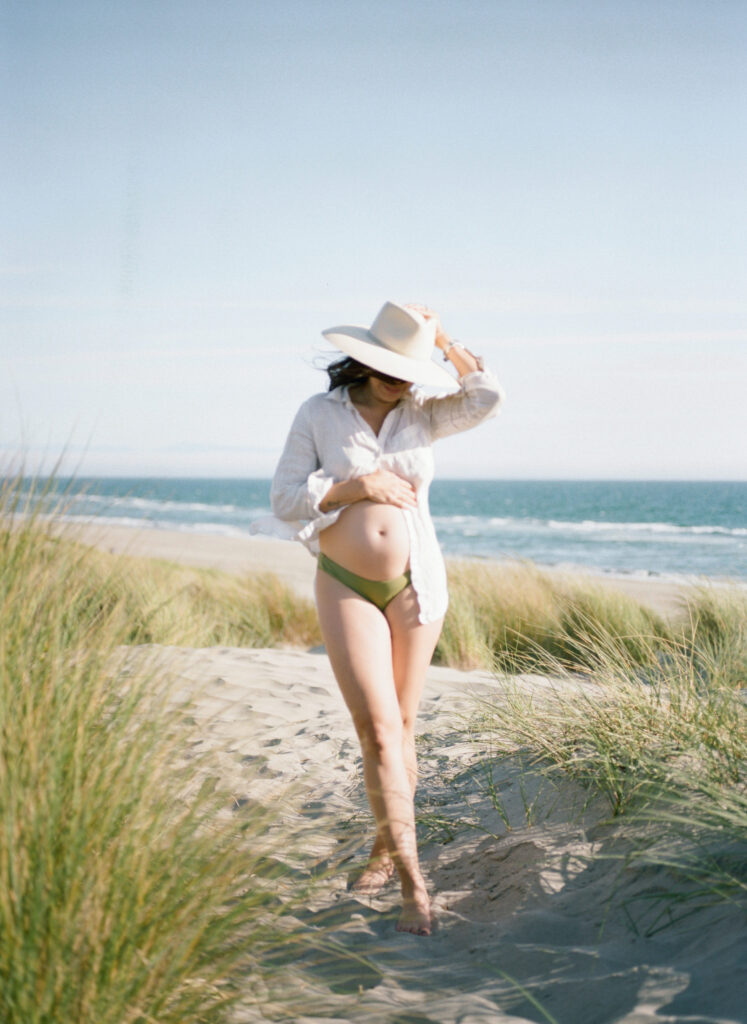
What are the risks of drinking while pregnant?
Consuming alcohol during pregnancy increases the likelihood of having a baby with fetal alcohol spectrum disorders (FASD), specifically fetal alcohol syndrome (FAS) which is characterized by permanent intellectual disabilities and birth defects. By avoiding alcohol entirely during pregnancy, FASD are completely preventable. Additionally, heavy alcohol use during pregnancy can contribute to miscarriage, stillbirths, premature births, as well as Sudden Infant Death Syndrome (SIDS). Unfortunately, there is no “safe” amount of alcohol that can be consumed when expecting – the only sure way to ensure optimal health and well-being is by avoiding it altogether.

As a final note
If you are struggling with alcohol use or need help cutting back before trying to conceive, please know that you are not alone. There are several good resources available to provide you with the support and guidance needed to help optimize your health before conceiving a pregnancy. The first step is recognizing that a problem may exist and partnering with a professional for support along the way.

MY NAME IS NATALIE STENTZ. I AM A BOARD-CERTIFIED OB-GYN AND FERTILITY SPECIALIST. I BELIEVE THAT WOMEN’S HEALTH MATTERS AND THAT OPTIMAL HEALTH STARTS AT HOME WITH SMALL CHANGES APPLIED OVER A LIFETIME.


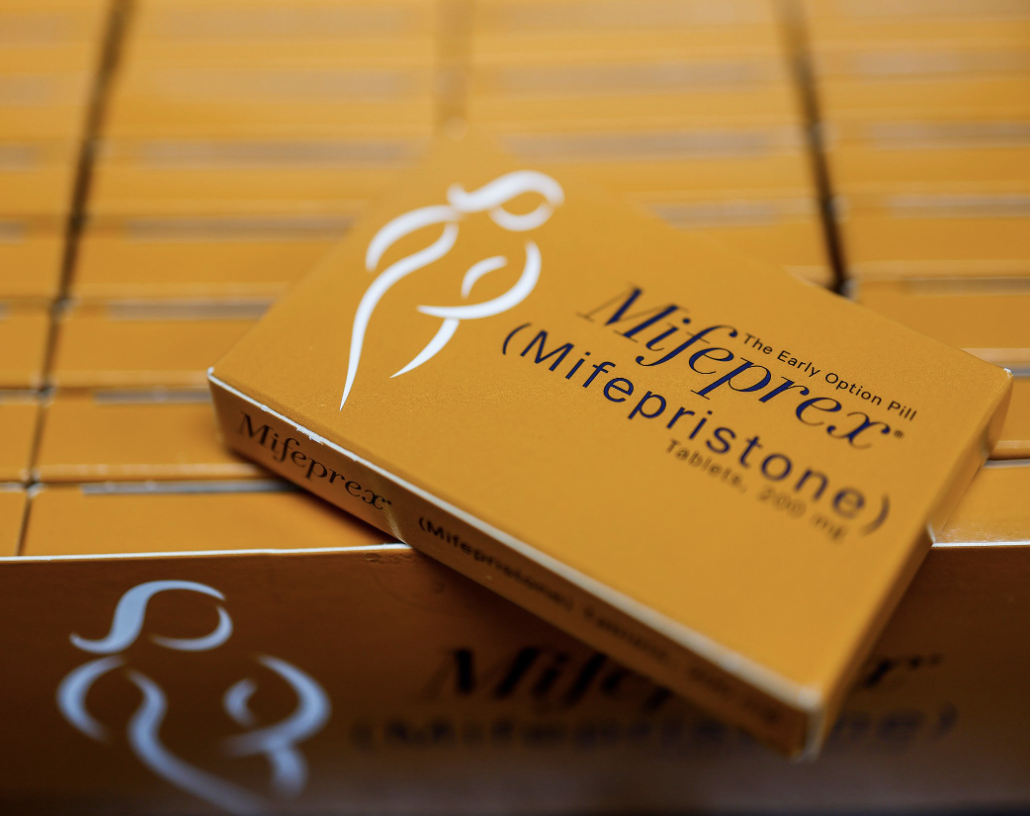
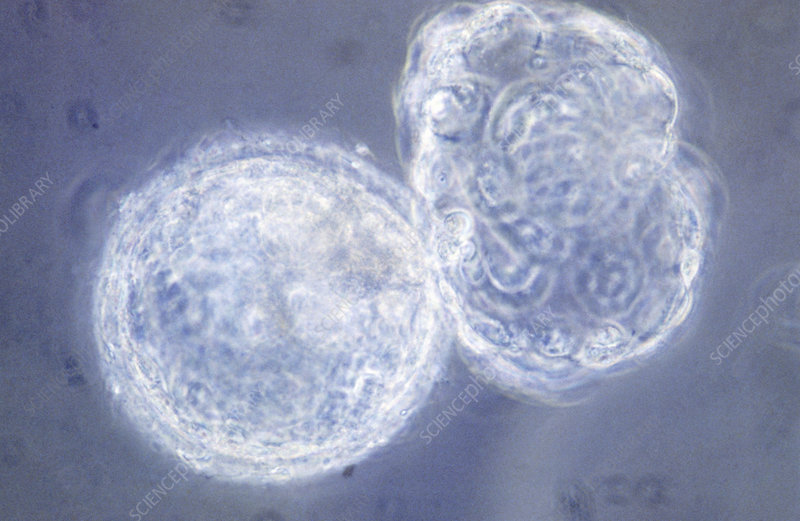
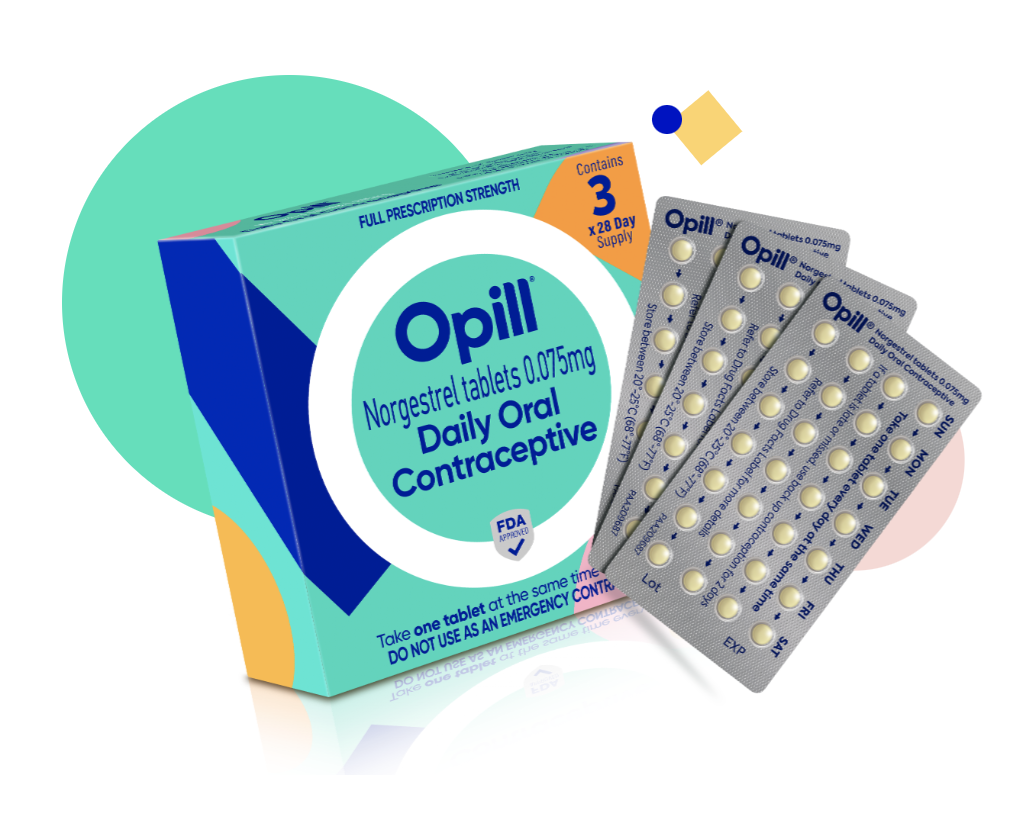

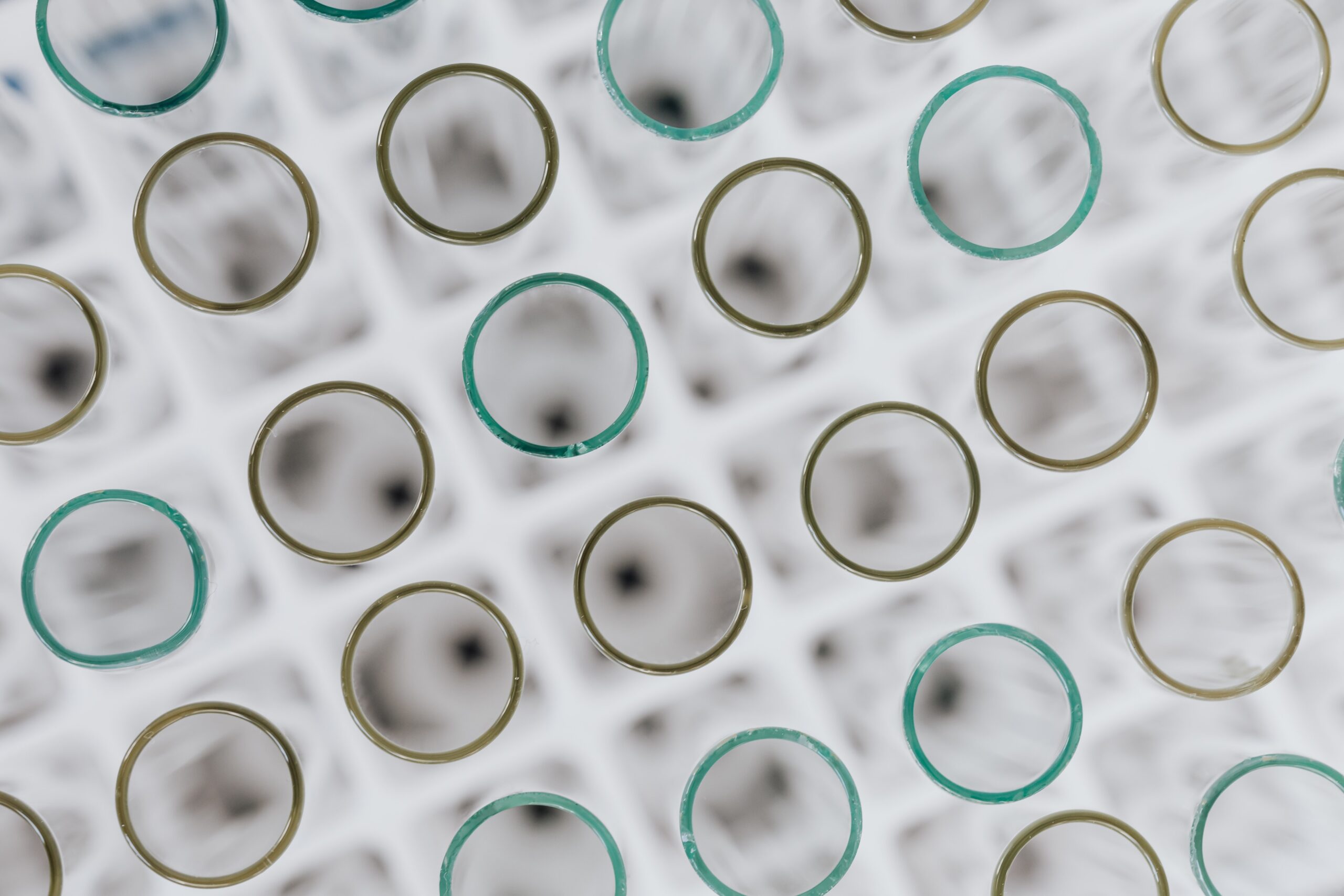
Read the Comments +